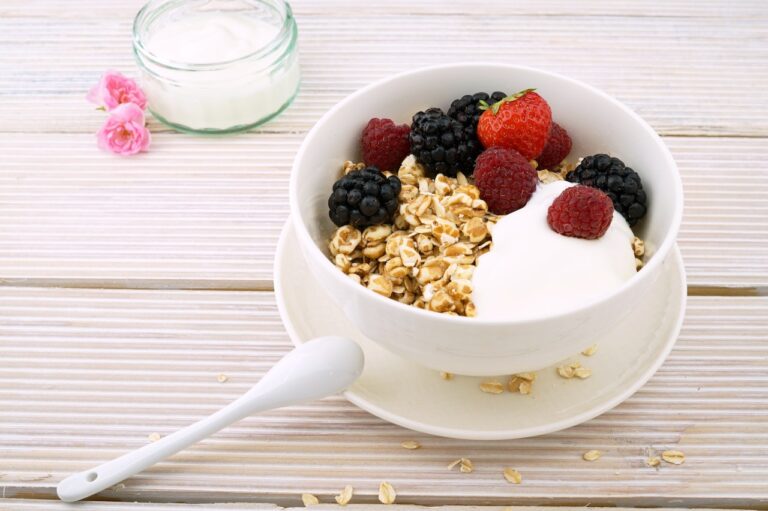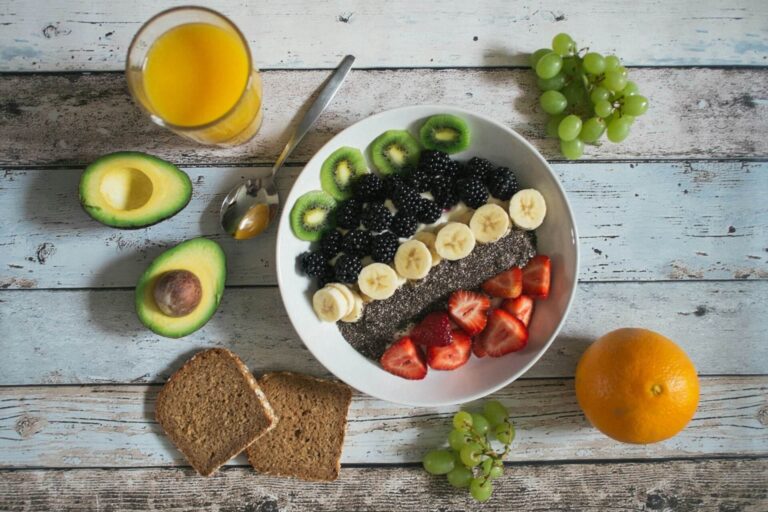The difference between prebiotics and probiotics is much more important than the single distinct letter between the two words. It is precisely the similarity between the two words that causes confusion, but the truth is that they are two terms that allude to different issues, although both are related to health and the human macrobiota.
So it is logical and perfectly understandable that there is often confusion between the two terms, their meaning and what a person needs to improve their digestive health. To make it clearer and easier for you to understand and remember the difference between prebiotic and probiotic , we are going to show it to you in a simple way. In addition, it will help you to know how both products are beneficial to the body.
Difference between prebiotics and probiotics: how to tell them apart and how they help improve your digestive health
What they do and how they do it: differences between prebiotic and probiotic
Their function in the body and the way they improve the digestive health of the person taking them is different:
- Probiotics. They are directly involved in the stability and composition of the microbial population in the digestive system. They live in the spaces not colonized by the intestinal flora and are in charge of tasks as relevant as fighting harmful microorganisms, among other beneficial tasks for the digestive health of the person.
- Prebiotics have a more indirect and somewhat slower but also necessary action by promoting the growth of good bacteria in the intestine, favoring the increase of beneficial intestinal flora.
What are probiotics and probiotics, the fundamental difference
To summarize it simply and clearly: probiotics are beneficial microorganisms for human digestive health, prebiotics are foods that promote the maintenance of beneficial intestinal flora in good condition and an optimal population level.
This is the big difference between probiotic and prebiotic and it is easy to memorize.
- Probiotics are beneficial microorganisms, i.e. microscopic live bacteria and yeasts that provide a benefit to the human body. Among the best known probiotics are lactobacilli and bifidobacteria , although they are not the only ones that exist.
- Prebiotics are foods whose components include specialized plant fibers that act as stimulators of the growth and proliferation of healthy bacteria in the human intestine. Artichokes, soybeans, garlic, bananas, whole grains and green leafy vegetables are prebiotic foods, which help to maintain the intestinal flora in optimal conditions.
Prebiotics and probiotics are consumed differently.
Taking into account what prebiotics and probiotics are, you can already imagine that the way to provide them to the organism is different. Although it is always performed orally.
- Probiotics. The way to consume them and provide them to the organism is directly through nutritional supplementation and you can find them in the food supplements from robis.es such as Robis Probiotics.
- Prebiotics. The way to consume them is within the diet, as part of the diet. Without abusing them, in the right amount and in the right way to take them and follow a healthy and balanced diet according to the nutritional needs of each person.
What about foods with probiotics? There are indeed some foods on the market that contain small amounts of probiotics, such as some types of yogurts. They are not probiotic foods. The food itself is not, only those bacteria that are part of its ingredients are.
Differences and similarities between prebiotic and probiotic
We have already seen the difference between prebiotic and probiotic. But what similarities do they have?
The main similarity is that both help to enjoy good digestive health. And that is why both are beneficial and help to:
- Improve the metabolization of food and nutrients, allowing the optimal production of vitamins and favoring the correct absorption of minerals.
- Protect the organism from external, potentially harmful or unknown pathogenic microorganisms.
- Promote optimal intestinal transit.
- Strengthen defenses.
- To ensure that the digestive system functions in optimal conditions and digestions are lighter and occur without generating discomfort.
The ideal way to improve your digestive health is to combine a healthy diet rich in prebiotics with the consumption of probiotics at times when it is necessary.
When is this? Mainly when suffering digestive discomfort, during seasonal changes, in times when it is more likely to suffer infections and contagions, after gastroenteritis, in oncology patients, when traveling or returning from a trip and whenever your doctor advises you to strengthen and improve your intestinal flora.
Now you know the difference between prebiotics and probiotics, but do you want to keep up with news like this and the latest Robis news? Then you can be the first to do it, just sign up for our newsletter and follow us on social networks, don’t miss anything!




